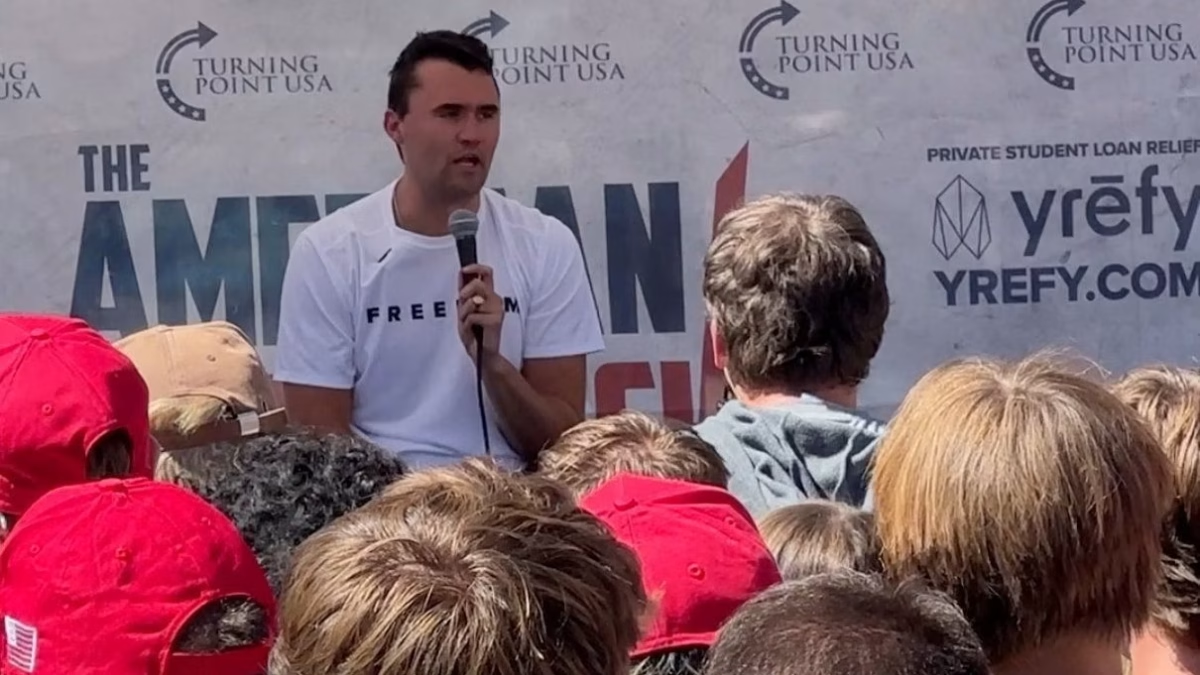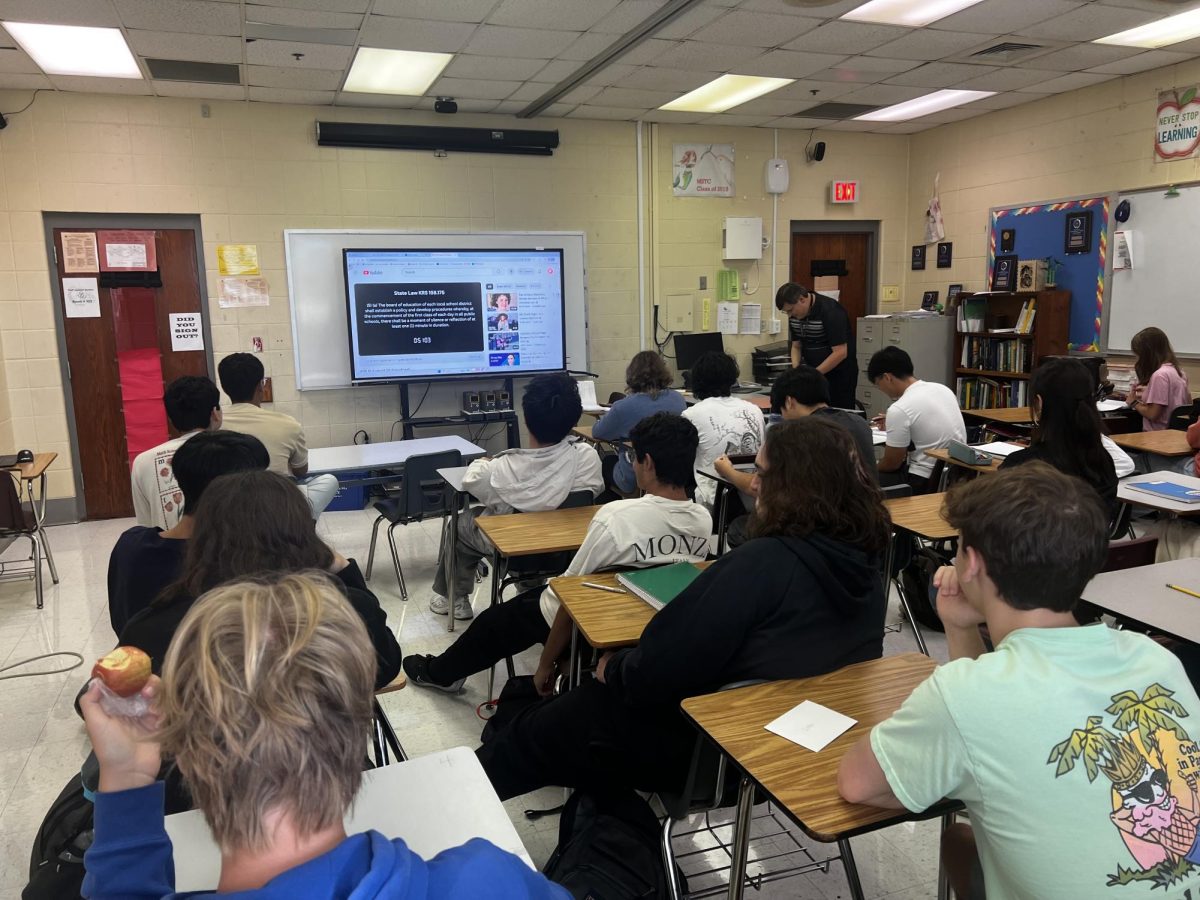As the dust settles from another heated election, the results indicate voters were motivated by economic concerns and dissatisfaction with the current administration. With critical issues on the line, from inflation to immigration, voters decisively swung the pendulum in favor of the Republican Party.
In the nation’s highly anticipated presidential election, Donald Trump was elected to a second term in the White House, defeating Democrat Kamala Harris by a margin of 312 to 216 in the Electoral College. Pre-election polling indicated that the seven swing states — Wisconsin, Michigan, Pennsylvania, North Carolina, Georgia, Arizona, and Nevada — would be complete toss-ups; however, when it came time to vote, Trump swept them all.
Political analysts attribute the swing state outcomes to targeted messaging on economic issues, particularly inflation, which resonated with blue-collar voters.
“It was advertised as a close election,” junior Andy Liao said. “It didn’t seem all that close in the end.”
Following the election, Democratic leaders debated the causes of their defeat, with some blaming Biden’s late withdrawal and others citing broader party challenges. Others felt that the Democratic Party played a greater role in alienating voters, especially the working class. According to NPR, exit polls show that Trump drew more support from voters without a college degree and those who make less than $100,000 per year, voting blocs that Democrats controlled during Obama’s era.
The shift of blue-collar voters from blue to red has been building for years, but Trump accelerated this change by speaking to and connecting with blue-collar workers in ways that Democrats have failed to do in recent years.
“If you’re an average working person out there, do you really think that the Democratic Party is… taking on powerful special interests and fighting for you? I think the overwhelming answer is no, and that is what has got to change,” Vermont Senator Bernie Sanders said during a post-election interview on NPR.
It wasn’t just Democratic shortcomings that allowed Trump to become the first Republican in 20 years to win the popular vote. Under the Biden administration, many saw rising prices at the grocery store and gas pumps and these personal experiences worked in Trump’s favor. According to the Pew Research Center, 42% of voters identified the economy as their top issue, far outpacing concerns like healthcare or immigration.
But not only did Republicans win the White House, they also gained control of the Senate after flipping three seats (in Montana, Ohio, and West Virginia) and retaining their hold on the House of Representatives. Combined with their conservative majority on the Supreme Court, they now effectively control all three branches. This unified government will likely enable Trump to advance his policy objectives which include mass deportation and tariffs to promote domestic manufacturing.
He has also proposed a plan to eliminate the Department of Education (DoE), a move that could significantly impact schools nationwide, including Dunbar. This could result in the loss of funding for key programs, reduced support for students with special needs, and decreased financial aid for low-income families. Dunbar social studies teacher Doug Wilkinson noted that similar proposals have been made in the past but faced considerable obstacles.
“Shrinking the bureaucracy in any way is a very difficult thing to do, and getting rid of an entire cabinet-level agency would be particularly difficult,” Wilkinson said.
Even before his inauguration on January 20, President-elect Donald Trump is making key decisions for his administration. He has nominated Linda McMahon, a former wrestling executive and advocate for school choice, to lead the DoE. McMahon’s focus as chair of the America First Policy Institute has been on expanding charter schools and voucher programs, signaling the administration’s potential direction for education reform.
As Trump prepares for his second term, his administration will face the challenge of uniting a deeply divided nation while addressing economic concerns that dominated the election.
























